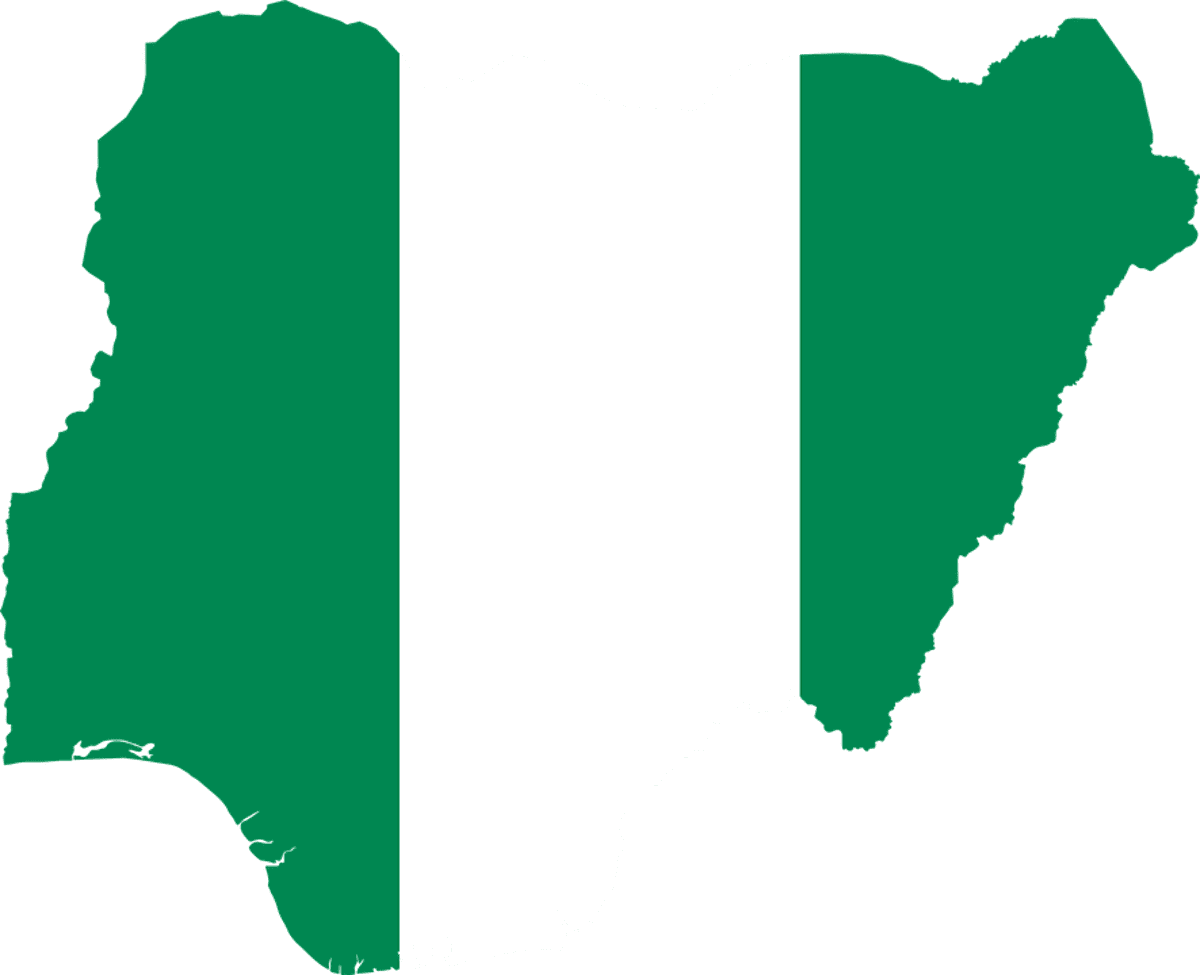There was no country called Nigeria before 1897. Therefore, it was exactly 125 years ago that the name “Nigeria” was coined by Miss Flora Louise Shaw, a British correspondent, who later got married to Lord Lugard (Nigeria’s first governor-general). Her concept for this name was contained in her article published in the London Times of January 8, 1897. According to her: “The name Nigeria, applying to no other part of Africa, may without offence to any neighbour, be accepted as co-extensive with the territories over which the Royal Niger Company has extended British influence, and may serve to differentiate them equally from the Colony of Lagos and the Niger Protectorate on the coast; and from the French territories of the Upper Niger.”
However, the British Government preferred the name “Nigeria” to other appellative names such as “Royal Niger Company Territories”, “Niger Sudan”, “Central Sudan”, “Negretia”, “Niger Area” and “Goldesia” (coined after Sir George Dashwood Taubman Goldie). Sir Goldie was the first Governor of the Northern Protectorate, in whose memory and honour, “Gidan Goldie” (Goldie House) in Kaduna State was named. It is noteworthy to mention that Lord Lugard took over from Sir Goldie as Governor of the Northern Protectorate in 1900.
Therefore, the name “Nigeria” is a fusion of the words NIGER and AREA; simply describing “the people located around the banks of River Niger.” Thus, River Niger is the major landmark which inspired the coinage of the name “Nigeria”. In the wise submission of late Chief Obafemi Awolowo, he reasoned that: “Nigeria is not a nation. It is a mere geographical expression. There are no Nigerians in the same sense as there are English, Welsh or French.. The word ‘Nigeria’ is merely a distinctive appellation to distinguish those who live within the boundaries of Nigeria and those who do not.” This opinion of Chief Obafemi Awolowo is very incisive, blunt, unbiased, unambiguous, sound and factual.
Notwithstanding the divergent views about Nigeria, the fact remains that Nigeria has come to stay; being variously described with some spectacular attributes such as “Giant of Africa”, “the biggest multi-religious and multi-ethnic country in the world”, “the biggest economy in Africa”, “the largest black country in the world” and “the seventh most-populated country in the world”. Based on this premise, it is, therefore, a big concern that rather than Nigeria being celebrated, our political leaders have only been celebrating some peculiar events that evolved as a result of Nigeria’s existence. Among these events are Independence Day, Armed Forces Remembrance Day, Democracy Day and Nigeria’s 100 years of amalgamation, which was inadvertently tagged “Nigeria’s Centenary.” I hereby make bold to posit, from a historical point of view, that Nigeria’s centenary ought to have been counted from 1897; the year Nigeria actually got its name.
Definitely, Nigeria’s existence did not start with the amalgamation of 1914. Rather, the unification (amalgamation) of Nigeria came up as a historic event based on the existence of Nigeria (prior to 1914). In the same vein, the fact that the geographical cum political entity known as Nigeria earlier existed as two separate entities (Northern and Southern Protectorates of Nigeria), never ruled out the fundamental and historical fact that the name “Nigeria” had been in existence and recognised 17 years earlier before the amalgamation of 1914. Therefore, the failure of our past political leaders, political scientists and historians to reckon with the birth of Nigeria, which occurred on January 8, 1897, is clearly an aberration in the annals of Nigeria’s history. In this regard, there is no contention in the fact that year 2022 marks Nigeria’s 125 years of existence, while Nigeria’s centenary should have been marked in 1997. As individuals, we celebrate our birthdays; organisations and some countries across the world celebrate their founders’ days..
Therefore, it has become very pertinent to ask, why is Nigeria’s case different?
Another matter of concern is the fact that the visioner, who coined the name “Nigeria”, Miss Flora Louise Shaw (later Mrs Lugard), is not being accorded a well-deserved recognition, the same way other founding-fathers of Nigeria have been variously immortalised in our public domain. Undeniably, Flora Shaw was also the first woman, to play the prestigious role of Nigeria’s first lady. But looking around the Federal Capital Territory (FCT) and some major cities in Nigeria, her name is clearly missing out. On the reverse, a man who had no direct impact on the evolution of Nigeria, other than being the Secretary of State for British Colonies, Mr Lewis Harcourt, is having one of Nigeria’s major sea ports (Port Harcourt), named after him. Why? Lugard honoured him simply because he was in charge of Lugard’s appointment, first as Governor (Northern Protectorate) and later as Nigeria’s first Governor General.
The only time I can vividly remember that the Nigerian government remembered Lady Lugard was during Nigeria’s (amalgamation) centenary anniversary in 2014, when 100 distinguished personalities were honoured with the Centenary Award. The first three names on the roll-call were as follows: – (i) Her Royal Majesty, Queen Elizabeth II, (ii) Frederick John Dealtry Lugard (iii), Dame Flora Louise Shaw (Lady Lugard).
Therefore, this is a wake-up call to the government to give Lady Lugard a most befitting honour by immortalising her name on major roads or important public buildings like other founding-fathers of Nigeria. Same goes for Mr Taiwo Akinkunmi, whose “green-white-green” design of the Nigerian flag was chosen out of a total of 2,870 entries during the National Flag competition held before Nigeria’s independence in 1960.
As long as history cannot be reinvented, I hereby strongly appeal to the federal government to restore and further encourage the study of Nigeria’s history in our schools, because we are already losing grip on our history and historical records.
Comrade Ganiyu Abdullahi is a youth activist.

 Join Daily Trust WhatsApp Community For Quick Access To News and Happenings Around You.
Join Daily Trust WhatsApp Community For Quick Access To News and Happenings Around You.


